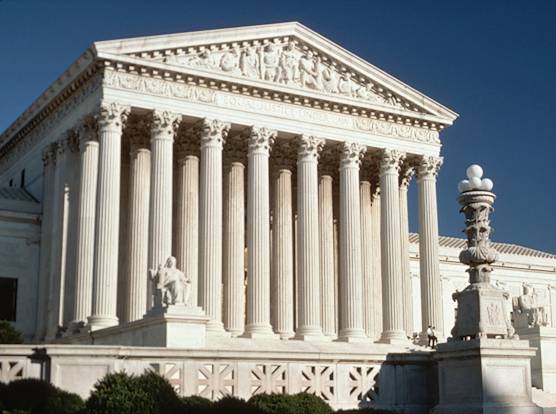Clients hire lawyers for specific answers to a legal problem. Lawyers, in turn, generally want to provide their clients with such answers by doing some legal research and applying the results to the specifics of the client’s situation, and then making an educated guess about the possible outcomes.
In most areas of the law, lawyers will lean heavily on reading appellate court opinions in order to educate themselves. In part this is because they are trained to do this from day one of law school, but it is also due the fact that opinions about the law from higher-up judges are generally binding on the lower-level judges who will be hearing their cases.
In the world of bankruptcy law, however, finding opinions to read that are binding are often few and far between.
Here’s why: losers in bankruptcy court may have multiple appeal options, most of which take them down the path that led to non-binding results. For researchers, that means that even though there are thousands of potential dead-ends to wade through when studying even a relatively simple question.
The first line of appeal to the bankruptcy loser is to take the case to a federal district court judge in the same state and district. District judges usually hear trials (and all types of hearings in criminal cases), but are authorized by Congress to sit as appeals judges in bankruptcy cases. A district court’s appellate decision in a bankruptcy case, however, is NOT binding, not on other district judges, and not even on the bankruptcy judges below them, and not even if the opinion is published for posterity in the law books.
An alternate route of appeal — available in only some locations — is to bring the case to a bankruptcy appellate panel. (Such panels are referred to as BAPs). A BAP is comprised of three bankruptcy judges from the same part of the country, who decide the issues before them by a vote of either 3-0 or 2-1, and ho have the option of publishing their reasoning as well.
The first problem with BAPs is that they aren’t found everywhere. At this writing, only the First, Sixth, Eighth, Ninth and Tenth Circuits have set up BAPs — live elsewhere and you will go without.
The second problem with BAPS is that they are made up of bankruptcy judges temporarily hearing appeals. While this sounds like a good idea, bankruptcy judges do not hold lifetime appointments, and therefore cannot bind the “Article III” judges (who sit on district and circuit courts) who do.
Should you rely on a written opinion of a BAP? This is a surprisingly controversial question. The Sixth Circuit (Michigan, Ohio, Kentucky and Tennessee) has implemented a couple of rules to encourage reliance, but even there some judges have wriggled out of them.
In the First Circuit (Massachusetts, New Hampshire, Maine, Rhode Island, and Puerto Rico) BAP opinions are considered persuasive authority that is not binding on bankruptcy court judges. A Massachusetts bankruptcy court has said that if district court judges do not bind each other, then neither do a collection of bankruptcy court judges (i.e a BAP). In other words, pay attention to BAP rulings, but don’t stake your life on them.
If district court and BAP bankruptcy rulings aren’t binding, where do you go to find bankruptcy cases that are? Start at the Circuit Court of Appeals, which will hear bankruptcy cases when the litigants are bound and determined to “go to the top.” These opinions are few in number, a long time coming, and even then are binding only in their geographic area (i.e. the First Circuit does not bind the Second, etc.). So there still can be opposite conclusions on bankruptcy questions throughout the country.
The last stop for a bankruptcy appeal is the U.S Supreme Court, which (at last!) produces binding authority oven the entire nation. But cases that make it there a very few (not more than 10 a year, and often less),and have a history of being so obscurely written that they often produce even more questions and litigation down the line.
As a general rule, when looking at bankruptcy court and BAP decisions as authority, treat them as well-reasoned and persuasive, but realize that they don’t absolutely have to be followed by any given bankruptcy judge.
